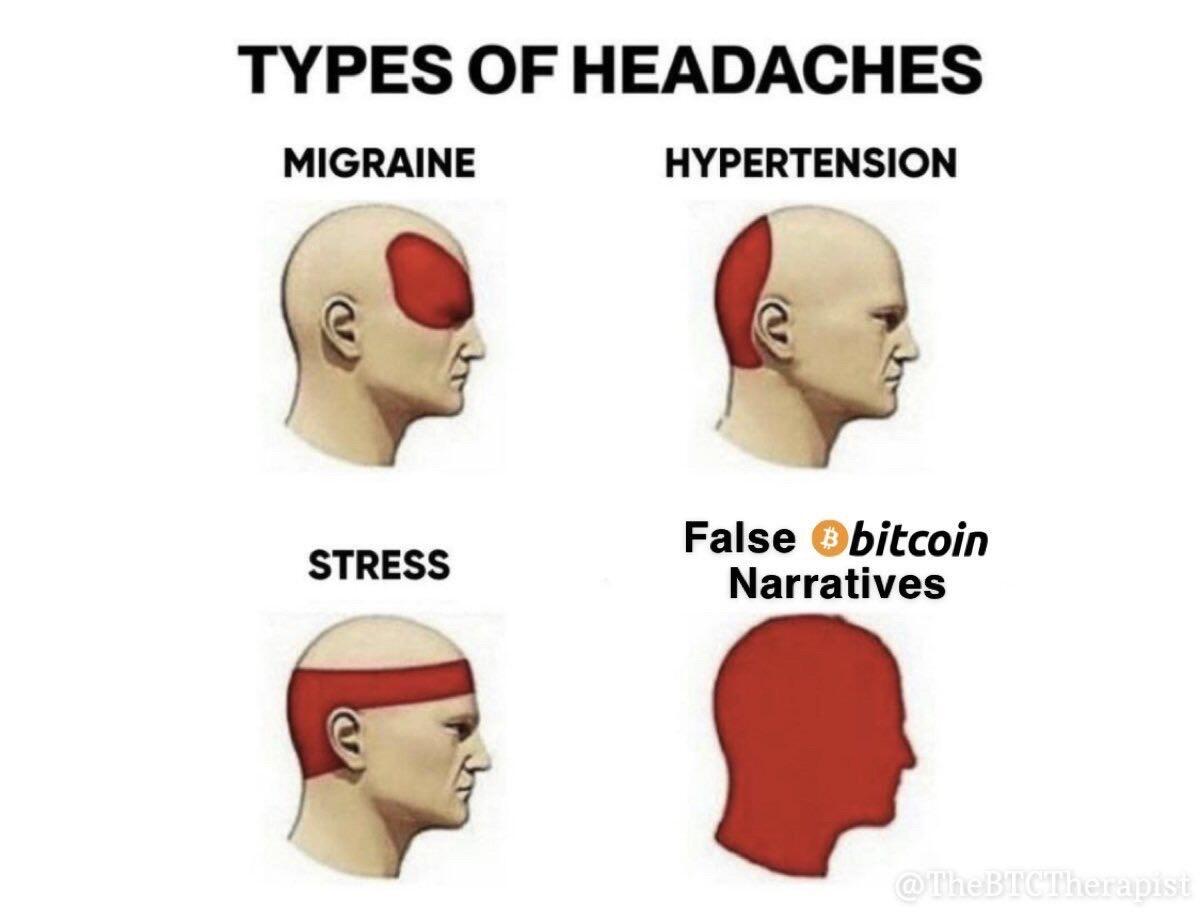BREAKING: South Africa Approves Human Gene Editing 🔴 Bucks Global Trend on Genetic Engineering
A bold move that goes against international norms, South Africa has quietly changed its research rules, allowing heritable human #gene editing.
What’s Really Going On?
Back in May 2024, South African officials quietly rewrote their guidelines on #health research ethics. The stakes here are huge: if they go forward, #SouthAfrica could be the first country to officially allow #genetic modifications that would affect not just one person but their descendants too.
Money Talks?
While over 70 countries firmly ban this kind of research, South Africa’s new rules allow it for “clear and “compelling” #scientific and medical” reasons. This raises big questions: is this a play to attract investment, tap into medical tourism, or set themselves apart as a biotech hub? A place where ethical/unethical VC money will be heading soon.
Not Everyone’s Happy
The global science community isn’t cheering. “Paving the way for genetically modified children is deeply troubling,” warns #bioethicist Françoise Baylis. Just last year, the International Summit on Human #Genome Editing called these practices “unacceptable” right now.
Who’s in Control?
The new rules promise “strict ethical oversight” of people born with genetic modifications. But let’s be real: who decides the rules, and who gains the most from this tech?
A House Divided
The scientific community in South Africa is split. Some claim that existing laws already allow these changes under the National Health Act. Others insist genetic modifications are still off-limits for clinical treatments. This rift shows the deep, often uncomfortable, debate over human genetic engineering’s future.
The world is watching as South Africa steps up to the genetic frontier, possibly setting off changes that could redefine what it means to be human for generations to come.
For someone from the Global South who visits Africa often. This is not comforting.
BREAKING: South Africa Approves Human Gene…




